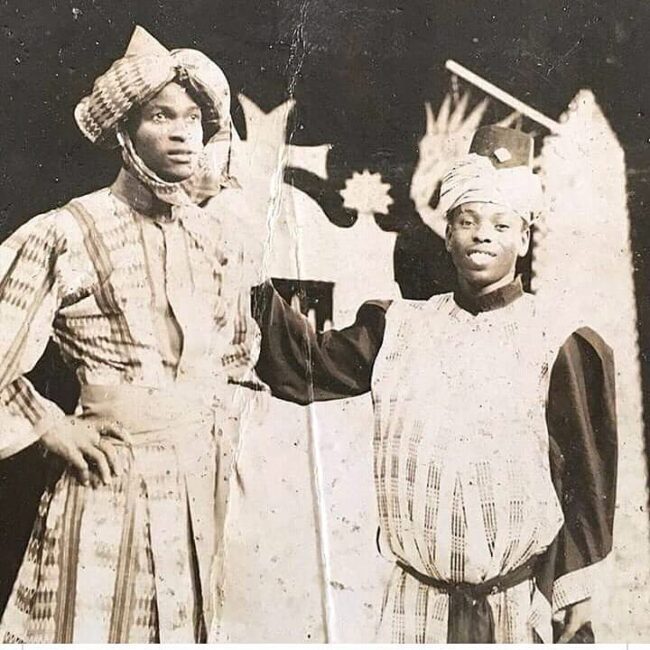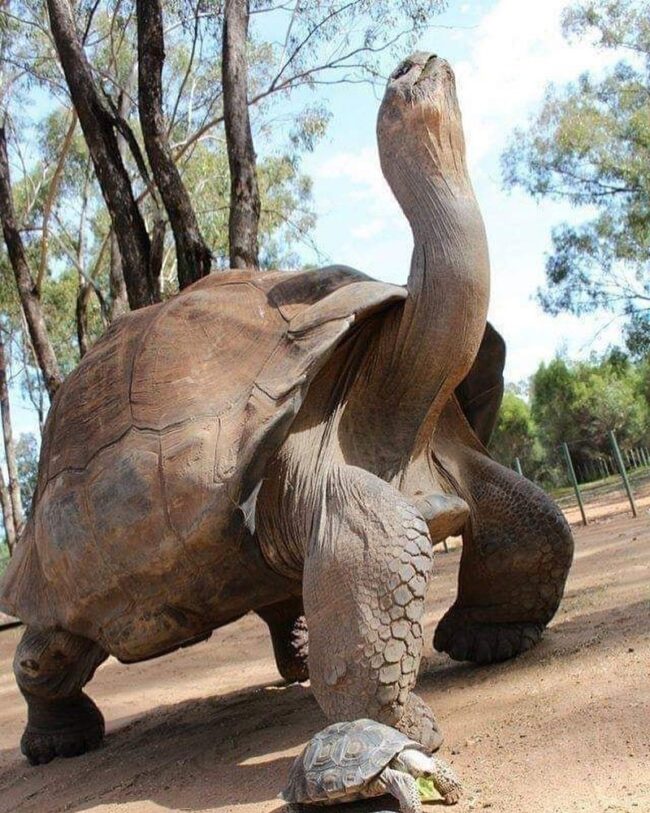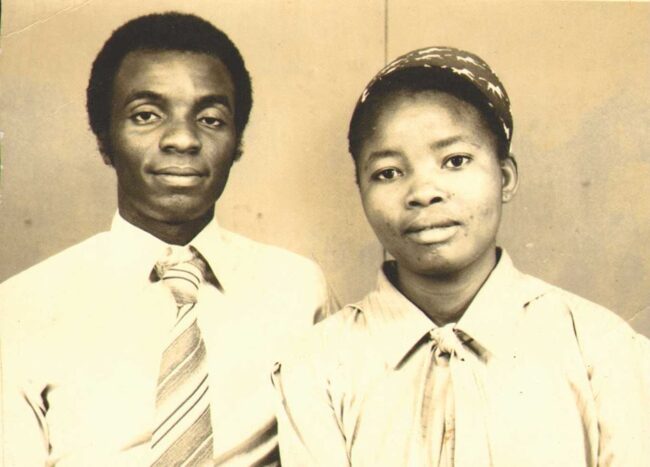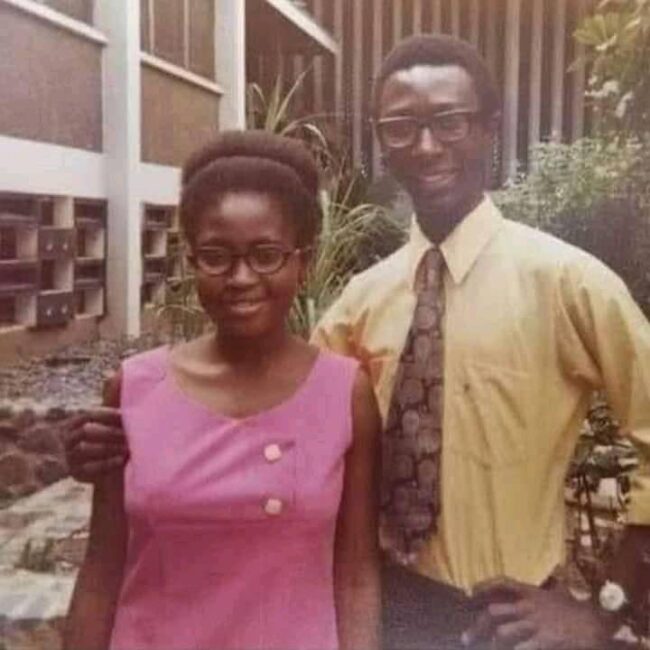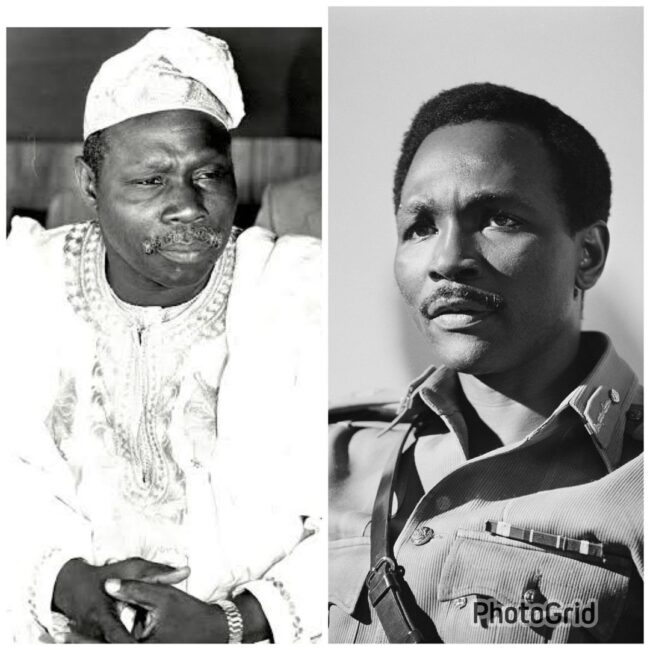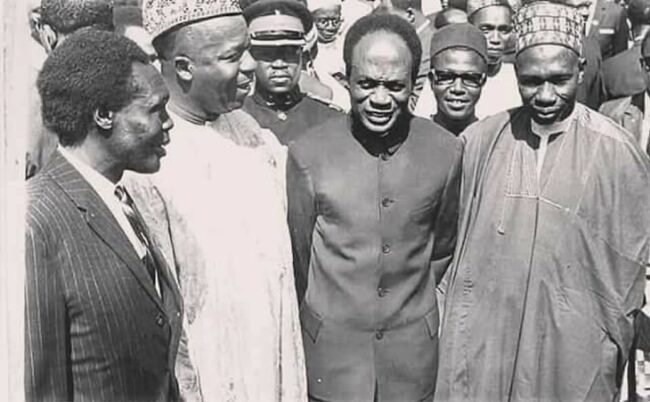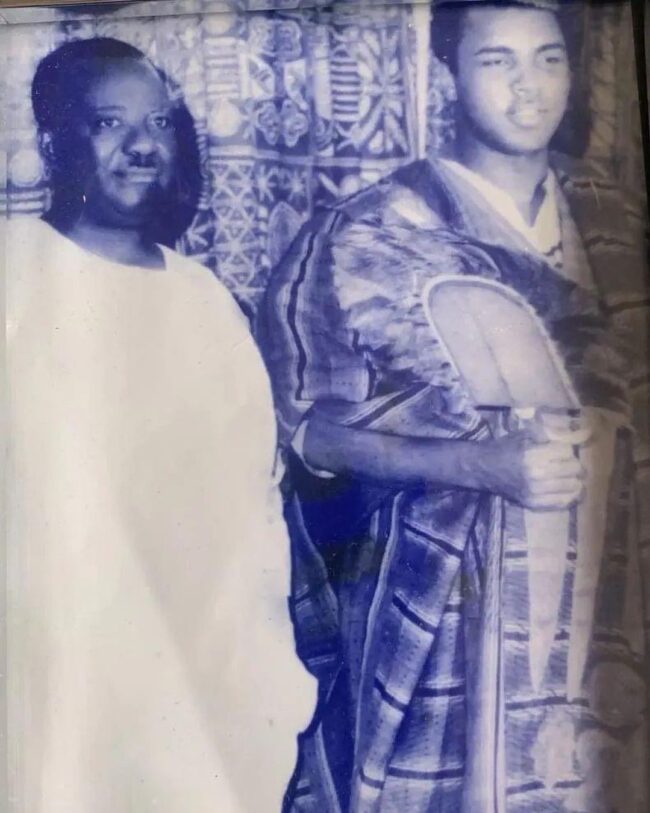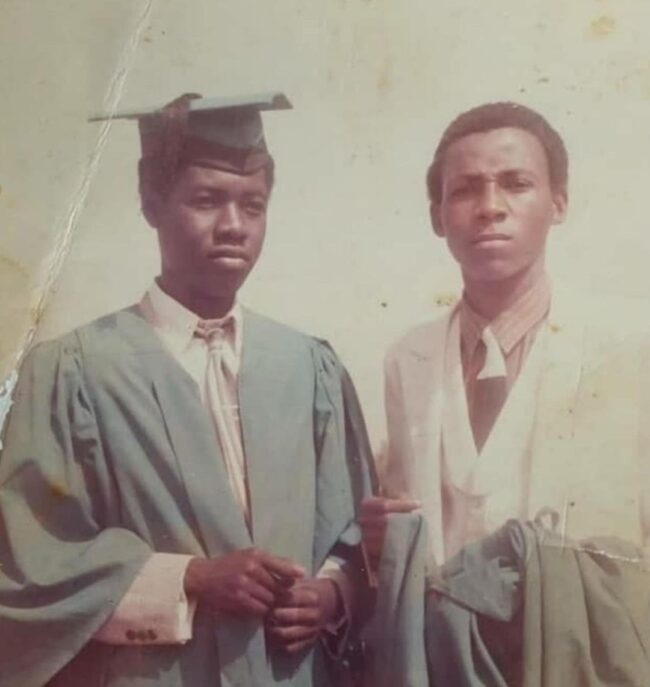Colonel Olusegun Obasanjo questioned the approach of the Commander-in-Chief of the Armed Forces to the battle in daring letters he wrote to General Yakubu Gowon, the then-head of state, while the Nigerian civil war was raging. In the final eight months of the war, Colonel Obasanjo led the Nigerian Army’s Third Marine Commando. He would go on to become Head of State (1976–1979) and civilian president (1999–2007). Before the conflict was eventually over, he wrote more than seven personal letters to Yakubu Gowon, the ruler of state at the time. The war continued unabated until 1969, when it had entered its second year. To invigorate the troops, the Nigerian Army Headquarters in Lagos released new operational directives on May 9, 1969. Three days later, the Army’s three division commanders were revealed to have changed. Colonel Gibson Jalo succeeded Colonel Mohammed Shuwa as the commander of the First Division, Colonel Iliya Bisalla succeeded Colonel Ibrahim Haruna as the commander of the Second Division, and Colonel Obasanjo succeeded Colonel Benjamin Adekunle (also known as Black Scorpion) as the General Officer Commanding (GOC) of the Third Marine Commando. On May 16, Obasanjo, a colonel at the age of 30, arrived in Port Harcourt, the capital of Rivers State, to take up his new responsibilities at the front lines of the battle. Three weeks after arriving in Port Harcourt, Obasanjo reportedly wrote a six-page letter to the head of state on June 10, 1969, according to The Letterman. “I have visited all of my areas of operation in the last three weeks, and I have seen as much of the terrain as I can. While things are not good overall, there is yet possibility for improvement if quick action is done. Since my arrival, I have also attempted to describe in my two presentations the difficult and declining relationship among the 3MCDO officers. It is equally important to note that there is hope for a better future in this direction. I can say with absolute certainty that the Division’s fighting spirit remains intact, and morale is typically rising, despite numerous inadequacies and… which will be detailed later. Any amount of success, no matter how tiny, will keep spirits high. Next, he pleaded with the president to immediately order Army Headquarters to provide the required manpower and supplies “in order to expedite the conclusion of the war before Armed Forces personnel and civilians become demoralized, frustrated, and dissatisfied.” Obasanjo specifically requested that General Gowon approve…

